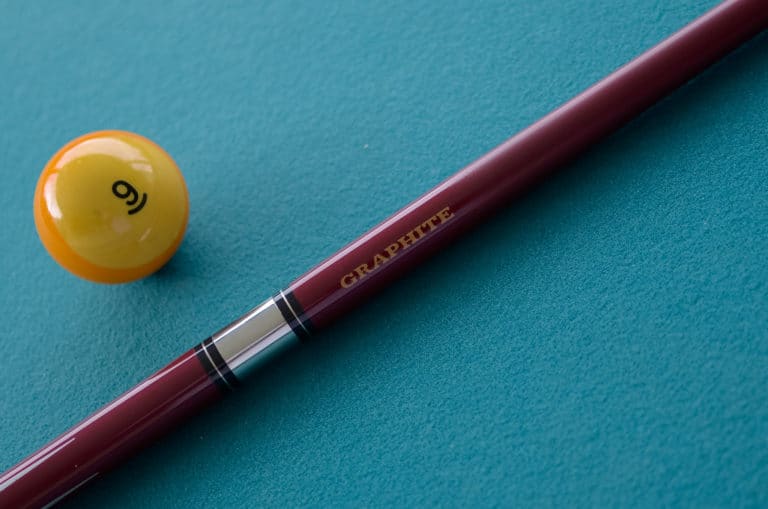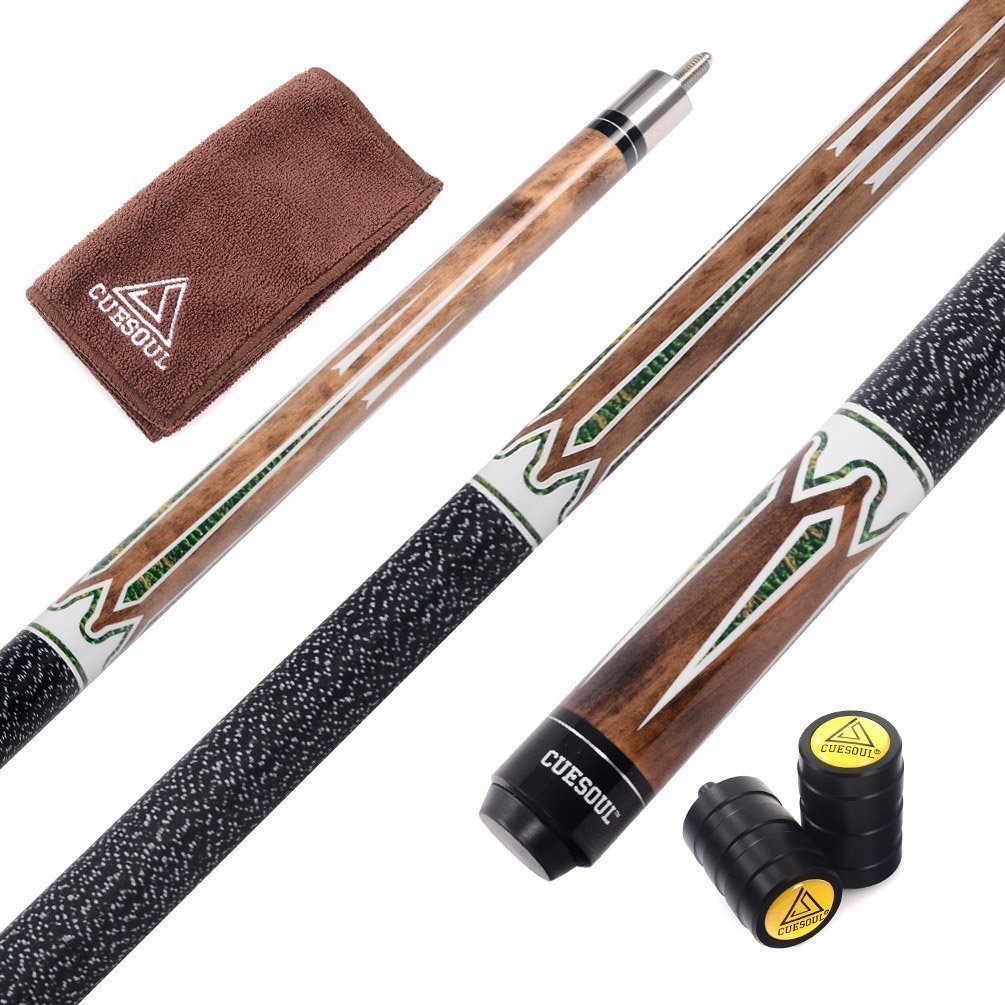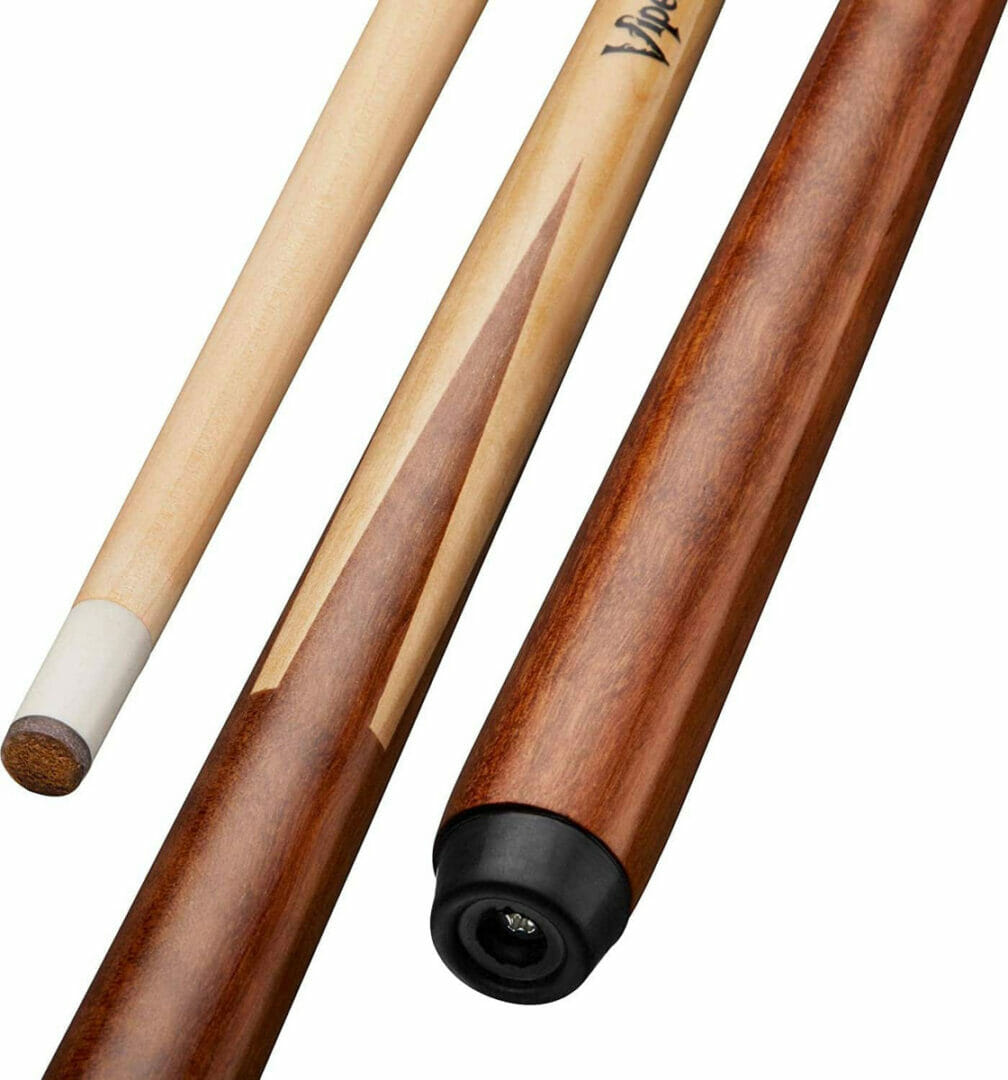When it comes to choosing the best pool cue for the money, the stakes are high for both casual players and competitive enthusiasts. A quality pool cue can make a significant difference in your game, enhancing accuracy, control, and confidence. Whether you're a beginner or a seasoned player, investing in the right equipment is crucial. The market is flooded with options, ranging from budget-friendly cues to high-end, custom-made models. However, finding the perfect balance between performance and affordability can be a daunting task. This guide aims to demystify the process, offering expert insights, tips, and recommendations to help you make an informed decision.
In today’s world, where online shopping and reviews dominate purchasing decisions, it's easy to get overwhelmed by the sheer volume of choices available. From popular brands like Predator and McDermott to lesser-known manufacturers, each offers unique features, materials, and price points. Understanding the nuances of what makes a great pool cue and how it impacts your gameplay is essential. We'll delve into the specifics of materials, weight, design, and ergonomics, ensuring you're equipped with the knowledge needed to identify the best pool cue for your needs.
This comprehensive guide is crafted to cater to all levels of players, offering detailed analyses, comparisons, and practical advice. Whether you're looking for a beginner-friendly option or an advanced cue to elevate your skills, we've got you covered. By the end of this article, you'll have a clear understanding of what to look for in a pool cue, empowering you to make a confident and informed purchase that aligns with your budget and playing style.
Read also:Miku Dti The Rise Of Virtual Singing Sensation In The Digital Age
Table of Contents
- 1. What Should You Look for in the Best Pool Cue for the Money?
- 2. How Do Materials Affect the Performance of a Pool Cue?
- 3. Why Is Weight an Important Factor When Choosing a Pool Cue?
- 4. What Are the Top Brands Offering the Best Pool Cue for the Money?
- 5. Is Customization Worth the Extra Cost?
- 6. Key Features to Consider Before Buying a Pool Cue
- 7. How to Maintain and Extend the Life of Your Pool Cue?
- 8. Frequently Asked Questions
What Should You Look for in the Best Pool Cue for the Money?
When searching for the best pool cue for the money, it’s essential to focus on several key factors that contribute to overall performance and durability. First and foremost, consider the material used in constructing the cue. High-quality materials such as maple, ash, or exotic woods not only enhance the aesthetic appeal but also improve the cue's responsiveness and longevity. Additionally, the type of ferrule and tip can significantly impact your shot-making ability. Leather tips, for instance, provide excellent grip and control, making them a popular choice among players.
Another critical aspect is the balance point of the cue. A well-balanced cue ensures stability and comfort during gameplay, reducing fatigue and improving precision. Weight distribution plays a pivotal role here, with most players preferring cues that weigh between 18 and 21 ounces. It’s also important to evaluate the finish and craftsmanship of the cue. A smooth, polished surface minimizes friction and enhances the cue's glide across the table. Lastly, consider the warranty and customer support offered by the manufacturer, as these factors can provide peace of mind and long-term value.
How Do Materials Affect the Performance of a Pool Cue?
The choice of materials in a pool cue directly influences its performance and durability. Traditional cues are often made from hardwoods like maple and ash, known for their stability and resistance to warping. These materials offer a solid feel and consistent performance, making them ideal for players who prioritize reliability. On the other hand, cues crafted from exotic woods such as ebony or cocobolo provide a luxurious aesthetic and unique playing experience. However, these materials may require more maintenance to prevent cracking or warping over time.
In addition to wood, modern cues incorporate synthetic materials like graphite and fiberglass, which offer enhanced durability and resistance to environmental factors. These materials are particularly beneficial for players who frequently travel or play in varying climates. The ferrule, typically made from ivory or synthetic substitutes, serves as a bridge between the cue shaft and tip, affecting how the cue transfers energy to the ball. Understanding the role of each material and its impact on performance can help you make an informed decision when selecting the best pool cue for the money.
Why Is Weight an Important Factor When Choosing a Pool Cue?
Weight is one of the most debated aspects when it comes to choosing the best pool cue for the money. Most players find cues weighing between 18 and 21 ounces to be optimal, as they strike a balance between power and control. Lighter cues, generally under 19 ounces, are favored by players who prioritize speed and precision, while heavier cues, above 20 ounces, are preferred for power shots. The key is finding a weight that aligns with your playing style and preferences.
It’s also worth noting that weight distribution can vary significantly between cues. Some cues are front-heavy, providing extra power for break shots, while others are evenly balanced, offering greater control during finesse shots. Experimenting with different weights and distributions can help you identify the perfect match for your game. Remember, the ideal weight is subjective and may differ from player to player, so it’s crucial to test various options before making a purchase.
Read also:Is Kollyy Legit Unveiling The Truth Behind The Hype
What Are the Top Brands Offering the Best Pool Cue for the Money?
When it comes to reputable brands offering the best pool cue for the money, several names consistently stand out in the industry. Predator, known for its innovative technology and precision-engineered cues, remains a top choice for players seeking high-performance equipment. Their signature V2 shaft technology reduces deflection, enhancing accuracy and consistency. McDermott, another household name, offers a wide range of custom cues that combine style with functionality, catering to players who value both aesthetics and performance.
Other notable brands include Cue & Case, which provides affordable yet reliable options for beginners, and Mezz, renowned for its ergonomic designs and superior craftsmanship. Each brand brings its unique strengths to the table, so it’s important to research and compare their offerings to determine which aligns best with your needs. Additionally, reading customer reviews and seeking recommendations from fellow players can provide valuable insights into the reliability and performance of these brands.
Is Customization Worth the Extra Cost?
Customization has become increasingly popular in the world of pool cues, offering players the opportunity to personalize their equipment to suit their preferences. From intricate inlays and custom graphics to personalized weights and balances, customization allows for a truly unique playing experience. However, this added personalization often comes at a premium, raising the question: is it worth the extra cost?
For many players, the answer is yes. A customized cue not only reflects individual style but can also enhance performance by addressing specific needs and preferences. For instance, players who struggle with grip or alignment may benefit from custom grips or balance adjustments. That said, it’s important to weigh the added cost against the potential benefits. If you’re a casual player or on a tight budget, investing in a standard, high-quality cue might be a more practical choice.
What Are the Key Features to Consider Before Buying a Pool Cue?
Prior to purchasing a pool cue, there are several key features to consider that can significantly impact your overall experience. Firstly, the joint type plays a crucial role in the cue's stability and durability. Compression joints, for example, provide a secure connection between the cue's two pieces, reducing wobble and enhancing accuracy. Secondly, the shaft diameter and taper are important factors affecting how the cue feels in your hand and its ability to execute various shots.
Additionally, the presence of a joint protector can extend the life of your cue by safeguarding the joint from damage during transport. A well-designed case is equally important, offering protection against scratches, dents, and moisture. Finally, consider the cue's finish and whether it suits your grip style. A cue that feels comfortable and secure in your hand can greatly improve your confidence and performance during gameplay.
How to Maintain and Extend the Life of Your Pool Cue?
Maintaining your pool cue is vital to preserving its performance and extending its lifespan. Regular cleaning and proper storage are the foundation of good maintenance practices. After each use, wipe down the cue with a soft, lint-free cloth to remove oils, dirt, and debris. Avoid using harsh chemicals or abrasive materials, as these can damage the finish. Additionally, check the tip regularly for wear and tear, replacing it as needed to ensure optimal performance.
Proper storage is equally important. Store your cue in a cool, dry place away from direct sunlight to prevent warping or cracking. A cue rack or hanging system can help keep your cue organized and protected when not in use. For travel, invest in a high-quality case that offers adequate padding and protection. By adhering to these maintenance tips, you can enjoy your pool cue for years to come, maximizing your investment in the best pool cue for the money.
How Can You Test the Quality of a Pool Cue Before Buying?
Testing the quality of a pool cue before purchasing is an essential step in ensuring you get the best value for your money. Start by examining the cue's construction and finish, looking for signs of defects or imperfections. Check the joint for a snug fit and listen for a solid click when connecting the two pieces. A loose or wobbly joint can affect performance and durability.
Next, test the cue's balance and weight distribution by holding it in your hand. It should feel comfortable and stable, with no excessive heaviness in either end. Finally, take the cue for a test drive if possible. Pay attention to how it feels during shots, noting any inconsistencies or discomfort. By thoroughly evaluating these aspects, you can confidently determine whether a cue meets your standards and expectations.
Frequently Asked Questions
1. How Much Should I Spend on the Best Pool Cue for the Money?
The amount you should spend on a pool cue depends on your skill level and commitment to the game. Beginners may find cues in the $50-$150 range sufficient, while intermediate players might consider spending between $200-$400 for better quality and performance. Advanced players often invest upwards of $500 for premium cues with advanced features and customization options.
2. Can I Use Any Tip on My Pool Cue?
While you can technically use any tip on your pool cue, it’s important to choose one that suits your playing style. Leather tips are the most common and offer excellent grip and control, making them a popular choice for most players. Harder tips provide more spin and control, while softer tips allow for greater forgiveness and draw shots. Always ensure the tip is compatible with your cue's ferrule and replace it as needed to maintain optimal performance.
3. Are Heavier Pool Cues Better?
Not necessarily. The ideal weight of a pool cue depends on personal preference and playing style. Heavier cues, typically above 20 ounces, are favored for power shots but may sacrifice control and precision. Conversely, lighter cues, under 19 ounces, offer greater speed and finesse but may lack the power needed for break shots. Finding the right balance is key, so it’s important to test various weights to determine what works best for you.
Conclusion
Selecting the best pool cue for the money requires careful consideration of several factors, including materials, weight, design, and brand reputation. By understanding the nuances of what makes a great cue and how it impacts your gameplay, you can make an informed decision that aligns with your budget and playing style. This guide has provided expert insights, tips, and recommendations to help you navigate the market and find the perfect cue for your needs. Remember, investing in quality equipment can significantly enhance your game, so take the time to research and test your options before making a purchase.


